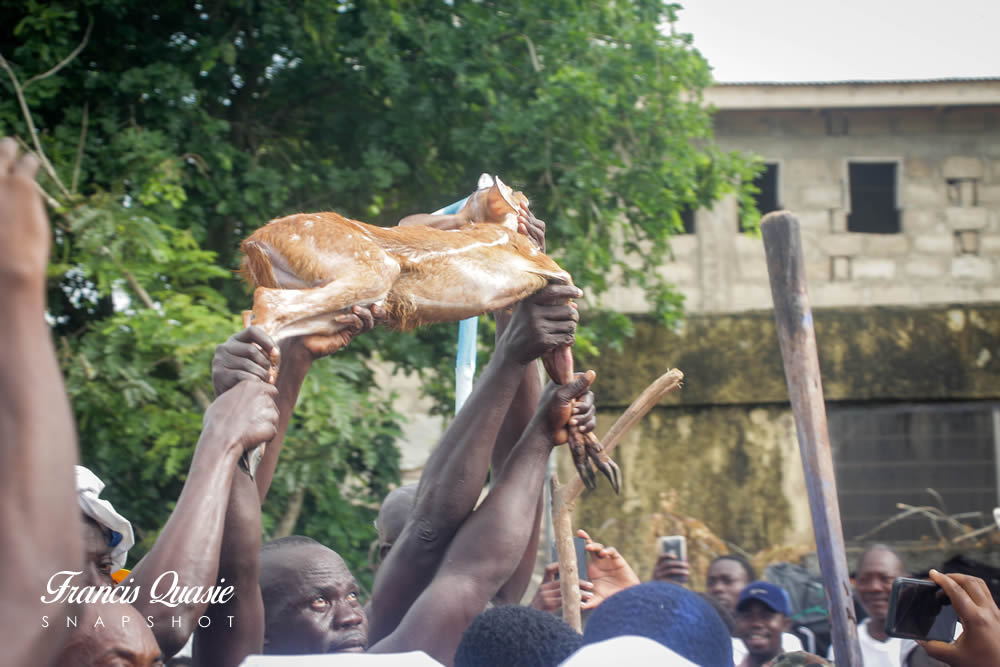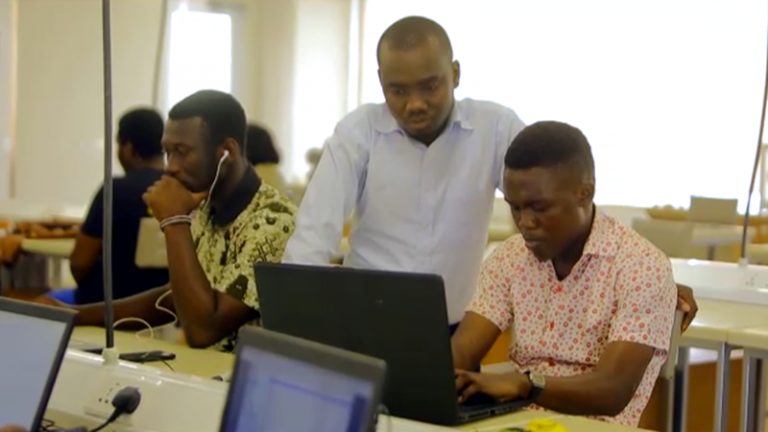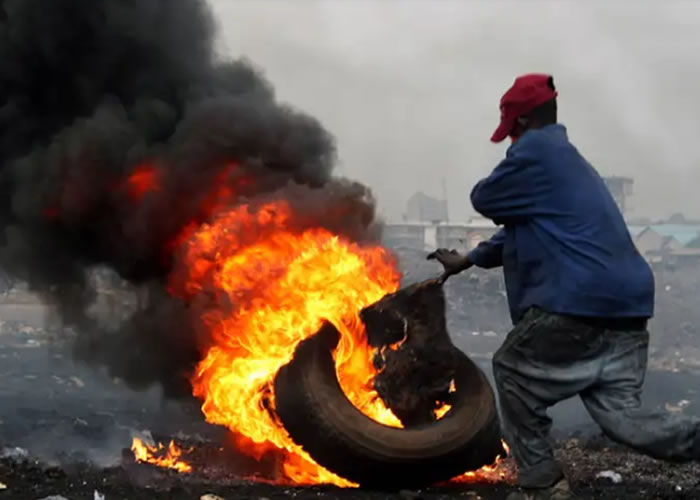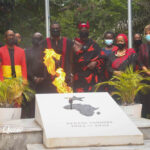Upholding Our Culture With Festivals
- Home
- Upholding Our Culture With Festivals

Upholding Our Culture With Festivals

Ghanaian festivals are a colourful and vibrant part of culture. Each year festivals and durbars are held in various parts of the country to celebrate the heritage of the people and for the purposes of reunion, development agenda and to strengthen beliefs of society.
Festivals are very important in several ways: historically, religiously, socially, economically, culturally, morally and politically in the lives of Ghanaians. Among many of its benefits is the means for people to know their ancestral roots.
With the month of March observed as “Ghana Month” to celebrate Ghana’s culture and promote tourism by marking and telling the story of the people of Ghana in various ways, there’s no doubt that festivals play a vital role in the promotion of this mission.
This write-up will therefore take a look at some of the popular festivals such as Aboakyer, Oguaa Fetu, Hogbetsotso, Ohum, Odwira and Homowo which drive huge patronage of both local and foreign festival patrons and provide the platform for people to display Ghanaian dishes, outfits, unique traditions and cultural practices, among others.
Aboakyer
The people of Winneba in the Central Region will hold their vibrant Aboakyer festival from the last days of April to May 7.
In marking this colourful festival, the natives pay homage to Penkye Otu, the chief deity of Winneba, who is worshipped by the locals for guiding their ancestors on the arduous trip from Timbuktu in the ancient Western Sudan Empire to their current settlement.
According to oral history, their leaders offered sacrifices to the deity along the entire route with the hope of being protected from all kinds of dangers, such as diseases and hunger.
One unique thing about this festival is when the two Asafo Companies (warriors)—Dentsifo and Tuafo— hunt bushbucks in the game reserve.
The first troop to catch a live bushbuck and present it to the chiefs and people at a colourful durbar is declared winner and is highly regarded for bravery.
Bringing in the live animal shows the people the strength, courage and valour of the warriors. Ceremonial sacrifices to the gods are made after the animal is presented to the people.
After this, there is a procession of the chiefs, queenmothers, elders, warriors and people through the streets amid drumming, music and dancing.
Fetu Afahye
Regarded as one of Ghana’s tourist potential, Cape-Coast (Oguaa), the Central Regional capital hosts one of the most thrilling and vibrant festivals one will ever experience.
Fetu Afahye is celebrated by the chiefs and people every September to commemorate when their 77 gods saved them from a terrible plague.
The people, led by the warrior groups, slaughter animals (livestock) as a thanksgiving offering to the gods for the notable deliverance.
Likewise, in their traditional outfits, the women dance and drum as they parade the principal streets of the city.
Other activities held to mark the celebration are pageants, preparation of mouth-watering cuisine, historical reenactments of fierce battles and many more.
Homowo
Homowo is a harvest festival celebrated by the Ga people of Ghana in the Greater Accra Region.
Homowo, to wit, ‘hooting at hunger’ is celebrated to mark an abundant harvest after a long famine.
It is distinguished by customs such as the sacred scattering of kpokpoi (the festival dish) to the gods and ancestors for spiritual protection.
There is also a ritual for twins who are paraded through the main streets with special blessings are invoked on them.
Prior to the festival which holds from August till end of September by the various Ga states, there is a one-month ban on noise making.
Edina Bakatue
Literally translated, ‘Bakatue’ means the ‘Opening of Lagoon’. Celebrated by the people of Elmina and its traditional area, Edina Bakatue comes off every July to kick off the fishing season.
Captivating scenes of colourful boats sailing across the Benya Lagoon marks the start of the eagerly anticipated season.
The catch is presented to the gods and other sacrifices are offered to them as well during this special festival. Visitors to Ghana should include this event on their itinerary because it is unquestionably a once-in-a-lifetime experience.
Hogbetsotso
Hogbetsotso is celebrated by the chiefs and people of Anlo-speaking Ewes in the Volta Region of Ghana in November.
Hogbetsotso festival marks the migration of the Anlo-Ewes from the ancient walled city of Notsie in present day northern Togo, to their present place in Ghana.
History has it that they escaped the tyranny of a wicked king, Agorkoli, by walking ‘backwards’ amid drumming and dancing to war songs.
The locals mark the celebration with clean-up exercises and burning of garbage as part of the purification rituals.
The Volta Estuary marks the start of the festivities, which continue until the parade reaches Benin’s Mono River.
Ohum
Marked twice a year and known as Ohumkan and Ohumkyire, the festival is celebrated by the Akyems in June/July and September/October respectively. It is also celebrated by Akwapims.
This vibrant festival, held to purify the stools of the Akyems and Akwapims, also commemorates their ancestors for their tenacity and struggle in defending the Kingdom.
Ohum also marks the first yam harvest and a prayer is said for a bumper harvest in the coming year.
Odwira festival
The Odwira Festival is celebrated by the people of Akropong-Akuapim, Aburi, Larteh and Mamfe in the Eastern Region. This festival is celebrated in most Akwapim towns during the months of September and October.
Its significance is to celebrate their victory over the Ashanti army during the historic battle of Katamansu near Dodowa in 1826 and also to cleanse themselves and ask for protection from their gods.
Bugum (Fire) Festival
The Bugum Festival is celebrated throughout the Northern Region by the Dagombas, Nanumbas and Mamprusis.
It is held under the lunar calendar. The main activity is the procession of celebrants with torches at night, accompanied with music and dancing.
In fact, the significance of the Bugum Festival is to commemorate the search for the lost son of an ancient king.
Source: graphic.com.gh
- Share
Classic Ghana
Classic Ghana is a vibrant news portal dedicated to bringing you the latest in arts, entertainment, fashion, beauty, photography, culture, and everything in between. Our mission is to publish high-quality articles and features that inform, inspire, and engage the general public. We also believe in the power of community and creativity. That’s why we welcome contributions from our readers! If you have a story, article, or idea you'd like to share, we invite you to submit it for publication. Send your stories to: info@classicghana.com







